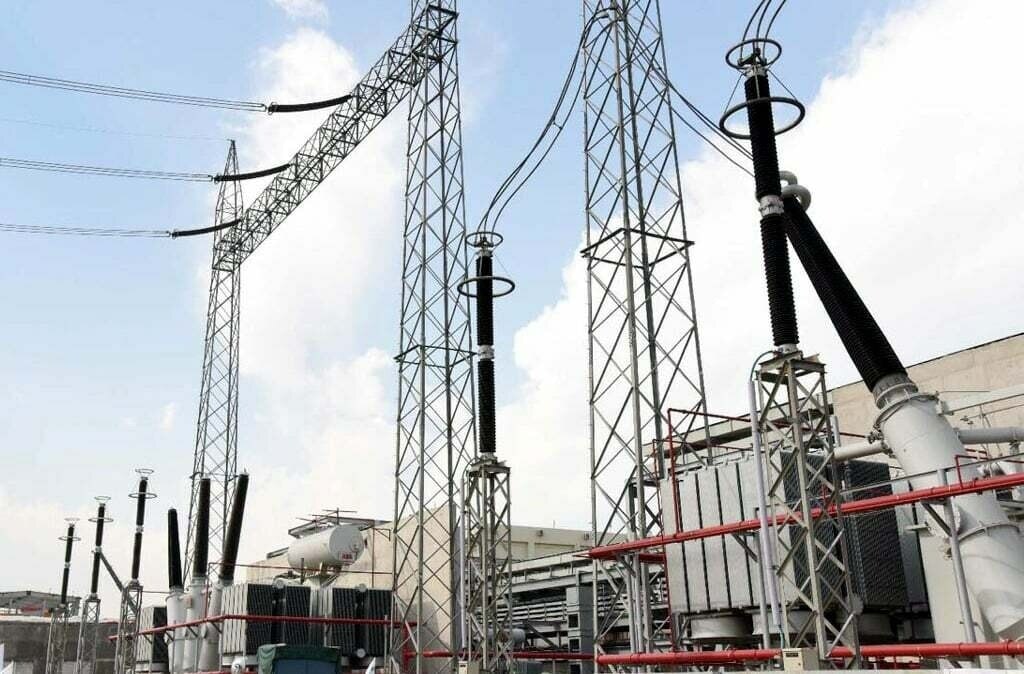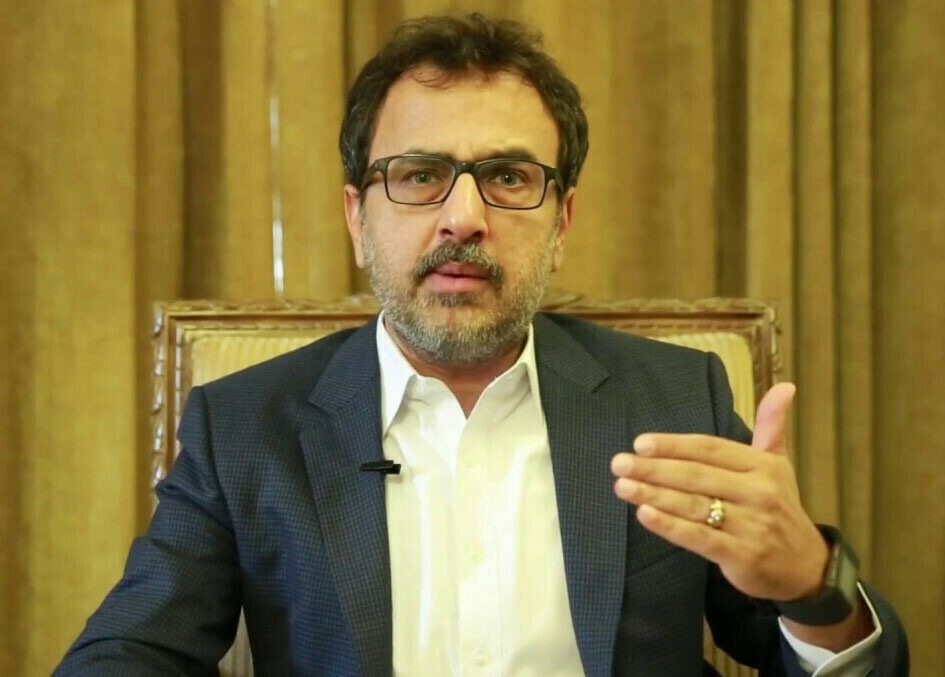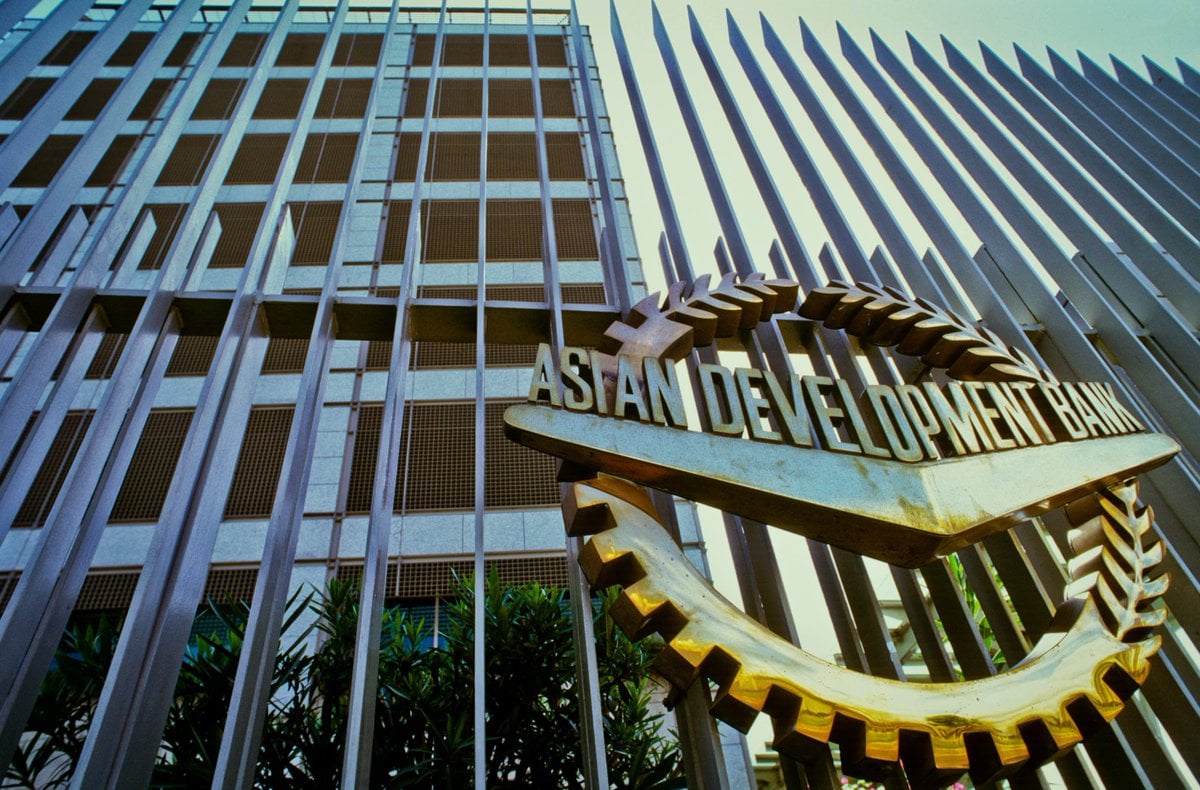Prime Minister Shahbaz Sharif has directed the relevant authorities to expedite the privatization of electricity distribution companies, aiming to enhance efficiency and service quality in Pakistan’s power sector. Additionally, he emphasized the need to engage experts to facilitate this transition smoothly.
During a review meeting on electricity load management and measures against electricity theft, the prime minister was briefed on ongoing efforts in these areas. The meeting highlighted the steps taken to address electricity load management and curb power theft, which are critical issues affecting the country’s power infrastructure.
One significant development shared at the meeting was the collaboration between the Chief Minister of Khyber-Pakhtunkhwa and the Federal Minister for Power. This partnership has resulted in an agreed action plan to manage electricity load in Khyber-Pakhtunkhwa more effectively. The plan includes reducing load shedding, recovering unpaid electricity bills from defaulters, and minimizing line losses, which are major contributors to power inefficiency.
The meeting attendees were informed that load shedding is primarily being enforced in regions where electricity theft and line losses are prevalent, and where bill recovery rates are extremely low. By targeting these areas, the government aims to improve overall efficiency and reliability in the power supply.
An important infrastructural upgrade mentioned was the enhancement of the South-North Transmission Line, which is expected to significantly improve the power transmission system. To tackle electricity theft, task forces are being established at both provincial and divisional levels. Their performance will be reviewed on a weekly basis to ensure accountability and progress.
Prime Minister Sharif underscored the necessity of minimizing load shedding across different regions of the country, particularly to alleviate the hardships faced by consumers during periods of extreme heat. He also stressed that individuals involved in electricity theft would face stringent actions, reaffirming the government’s commitment to completely eliminating this issue.
To maintain oversight, the prime minister announced that he would personally review the progress on anti-electricity theft measures on a monthly basis. He urged provincial governments and law enforcement agencies to fully support the national campaign against electricity theft. This coordinated effort is essential for the country’s development and prosperity, requiring all government institutions to perform their responsibilities effectively.
Prime Minister Sharif directed that there should be no over-billing of electricity. He also instructed the authorities to formulate a strategy for the solarization of tubewells in Balochistan as soon as possible. This initiative is aimed at promoting sustainable energy practices and reducing the dependency on conventional power sources in the agricultural sector.
The meeting was attended by several high-ranking officials, including Federal Minister for Economic Affairs Ahad Khan Cheema, Federal Minister for Finance and Revenue Muhammad Aurangzeb, Federal Minister for Petroleum Musadik Malik, Federal Minister for Power Awais Ahmed Khan Leghari, Minister of State Ali Pervez Malik, and Prime Minister’s Coordinator Rana Ehsan Afzal. The chairman of WAPDA and other senior government officials were also present. Additionally, the chief secretaries and inspectors general of police from all four provinces participated via video link, reflecting a unified approach to addressing these critical issues.
The prime minister’s directives come at a time when Pakistan is grappling with significant challenges in its power sector, including electricity theft, inefficient billing practices, and inadequate infrastructure. The acceleration of privatization efforts for electricity distribution companies is seen as a vital step towards improving the overall efficiency and reliability of the power supply in the country.




